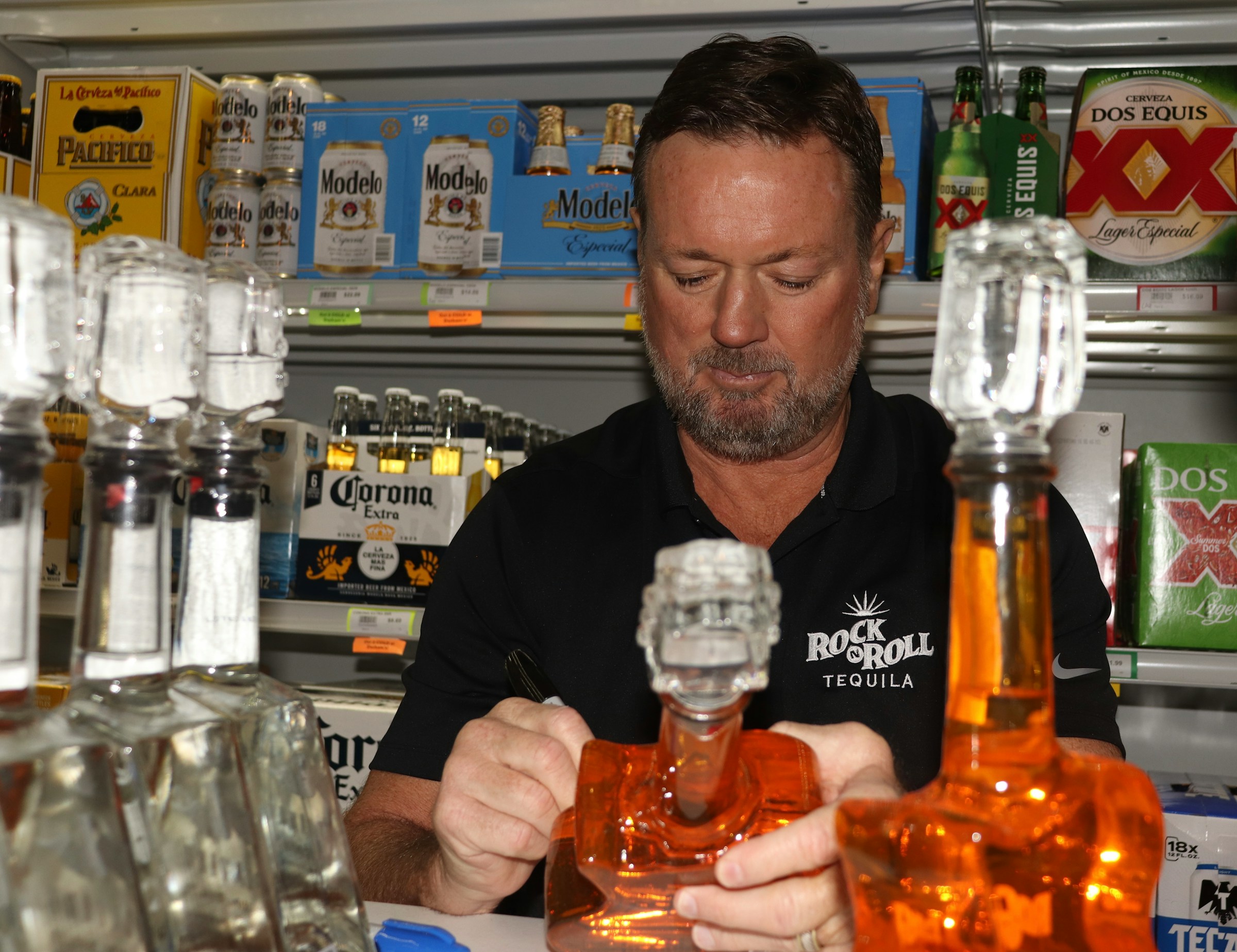Securing an alcohol license in the UK can feel overwhelming for many businesses. Understanding the legal requirements is essential for smooth operations and compliance. From local regulations to the application process, each step impacts your business’s ability to serve alcohol. This guide highlights key steps to simplify the process and ensure you’re well-prepared. Whether you’re a new venture or looking to expand, empowering yourself with the right knowledge is the first step towards success.
Understanding Alcohol Licensing in the UK
Navigating alcohol licensing in the UK is crucial for businesses that wish to sell or supply alcohol. This process ensures regulatory compliance and helps maintain public safety. The UK law mandates that any establishment selling alcohol must obtain an appropriate license to operate lawfully. There are several types of alcohol licenses available, each catering to different business needs.
Also to see : Navigating the Legal Process of Joint Venture Dissolution in the UK: A Comprehensive Guide
The most common types of licenses include the Premises Licence, which allows businesses to sell alcohol on a specific site, and the Personal Licence, required for individuals who supervise the sale of alcohol. Additionally, the Club Premises Certificate is designed for member clubs that provide alcohol to their members and guests.
Local laws can influence licensing requirements, as they may vary across different regions. These variations can affect the application process, fees, and conditions imposed on license holders. It’s essential for businesses to consult their local council to understand specific requirements and ensure they meet all necessary criteria.
Additional reading : Navigating the Legal Shift: A Step-by-Step Guide for Converting Your Sole Proprietorship to a Limited Company in the UK
Understanding the complexities of alcohol licensing and adhering to UK law not only facilitates smooth business operations but also demonstrates a commitment to regulatory compliance and community responsibility.
Key Legal Requirements for Alcohol Licensing
Understanding the legal requirements for obtaining an alcohol license in the UK is crucial for any business involved in the sale of alcohol. The process begins with meeting specific eligibility criteria. Applicants must be at least 18 years old and possess a clean criminal record to qualify for a Personal Licence. Furthermore, they must complete an accredited training course, such as the Award for Personal Licence Holders (APLH).
Essential Documents and Forms
The application process involves submitting various legal documents and forms. These typically include proof of identity, evidence of the completed training course, and a disclosure of any relevant criminal convictions. For a Premises Licence, additional documentation like a detailed plan of the premises and an operating schedule is required.
Licensing Act 2003
The Licensing Act 2003 is the cornerstone of alcohol licensing laws in the UK. It outlines the legal framework for the sale and supply of alcohol, focusing on four key objectives: preventing crime and disorder, ensuring public safety, preventing public nuisance, and protecting children from harm. Understanding these objectives is vital for applicants, as compliance with them is mandatory. This act also empowers local authorities to impose specific conditions tailored to each application, ensuring that all licensed premises operate responsibly.
The Application Process for Alcohol Licenses
Navigating the application process for alcohol licenses in the UK involves several key steps. Understanding this step-by-step guide can simplify the procedure and enhance the chances of success.
Firstly, identify the correct licensing authority in your area, as they are responsible for processing applications. This is crucial since local councils may have specific requirements or additional conditions.
Begin by gathering necessary documents such as proof of identity, a completed training certificate, and any relevant premises information. Ensure all forms are filled out accurately to avoid delays.
The application form requires detailed information about the business, including the type of license sought and the nature of the premises. Be precise and thorough in your descriptions to meet the expectations of the licensing authority.
Once the application is complete, submit it to the chosen licensing authority along with any required fees. They will review the submission, and if all criteria are met, the process will move forward.
Finally, be prepared for a potential public consultation period, where local residents and businesses can express any concerns. Addressing these effectively can contribute to a successful application outcome.
Fees and Timelines Associated with Alcohol Licensing
Understanding the licensing fees and application timelines is crucial for businesses seeking to sell alcohol in the UK. These factors can significantly impact planning and budgeting.
Breakdown of Typical Fees
Licensing fees vary depending on the type of license. For instance, a Premises Licence fee is determined by the rateable value of the property, ranging from £100 to £1,905. The Personal Licence generally incurs a lower fee, usually around £37. It’s essential to consult the local council for precise fee structures, as they can differ.
Estimated Timelines for Processing Applications
The timeline for processing alcohol license applications can range from a few weeks to several months. A Personal Licence typically takes about three to four weeks, while a Premises Licence may require up to two months. These estimates can vary based on the complexity of the application and the workload of the licensing authority.
Factors Affecting Application Duration
Several factors can influence the duration of the application process. These include the completeness of submitted documents, any objections raised during the public consultation period, and the specific requirements of the local council. Being thorough and responsive can help expedite the process.
Common Challenges in Securing an Alcohol License
Securing an alcohol license in the UK can be fraught with licensing challenges. Understanding the common issues that lead to application rejections is vital.
Overview of Common Reasons for Application Rejections
Applications are often rejected due to incomplete or inaccurate submissions. Missing documents or incorrect information can significantly delay the process. Furthermore, failing to meet local council requirements or not addressing public safety concerns can lead to denials.
Strategies to Avoid Common Pitfalls
To navigate these application pitfalls, ensure all forms are meticulously completed and supported by the necessary documentation. It’s crucial to understand the specific criteria set by your local licensing authority. Engaging with a legal expert familiar with alcohol licensing can also be beneficial.
Tips for Addressing Objections
When objections arise from licensing authorities or the public, addressing them promptly and effectively is key. Provide clear evidence or adjustments to your application that demonstrate compliance with licensing objectives. Open communication and willingness to adapt can often resolve issues amicably, increasing the likelihood of a successful application.
Local Regulations and Their Impact
Understanding local regulations is essential when pursuing alcohol licensing in the UK. While national laws provide a framework, regional licensing nuances can significantly influence the application process. Each local council has the authority to impose specific conditions, which may affect compliance requirements.
Local regulations can differ from national laws in several ways. For instance, councils might have additional stipulations regarding operating hours or noise control measures, which are not covered by national statutes. This underscores the importance of consulting local councils to ensure all specific requirements are met.
A notable example of regional variations is found in Scotland, where licensing boards have distinct policies compared to those in England. Similarly, in Wales, some councils have introduced additional public safety measures that applicants must adhere to. These case studies illustrate how regional differences can impact the licensing process.
To navigate these complexities, businesses should engage with their local councils early in the application process. This proactive approach helps ensure compliance with all local regulations and increases the likelihood of securing the desired license. Understanding and addressing these variations is crucial for successful alcohol licensing across the UK.
Tips for a Successful Application
Securing an alcohol license in the UK involves a well-prepared and successful application. This requires attention to several best practices and preparation tips to enhance your chances.
Best Practices for Preparing a Robust Application
To ensure a successful application, it’s crucial to present a comprehensive and detailed submission. Begin by gathering all necessary documentation, such as proof of identity, training certificates, and a detailed plan of the premises. Each document should be meticulously checked for accuracy to avoid delays.
Importance of Thorough Documentation and Evidence
Thorough documentation is essential in demonstrating compliance with legal requirements. Providing clear and complete evidence of meeting all criteria can significantly impact the success of your application. This includes addressing any potential public safety concerns proactively.
Tips for Engaging with Local Authorities Effectively
Engagement with local authorities is a key element of a successful application. Establish open lines of communication early in the process. Be responsive to any queries or requests for additional information. Demonstrating a willingness to cooperate can lead to a smoother application process and increase the likelihood of approval.
Resources and Support for License Applicants
Navigating the alcohol licensing process can be complex, but numerous licensing resources and support organizations are available to assist applicants. Accessing these resources can significantly ease the journey to obtaining a license.
Useful Online Resources and Government Websites
Several online platforms provide valuable information on alcohol licensing. The UK Government website offers comprehensive guidance on the application process, including necessary forms and detailed instructions. Local council websites often provide region-specific information, which is crucial for meeting local requirements.
Organizations Offering Assistance
Various organizations specialize in supporting alcohol license applicants. The Institute of Licensing is a notable entity, offering training and resources tailored to the licensing sector. Additionally, trade associations such as the British Beer and Pub Association provide industry-specific insights and support.
Importance of Professional Legal Advice
Engaging with professional legal advice is vital in the licensing process. Legal experts can offer tailored guidance, helping applicants navigate complex regulations and avoid common pitfalls. Their expertise ensures that all legal criteria are met, enhancing the likelihood of a successful application.
Maintaining Compliance After Licensing
Ensuring compliance after obtaining an alcohol license is crucial for businesses to operate legally and responsibly. This involves adhering to ongoing obligations that extend beyond the initial licensing process.
Overview of Ongoing Compliance Requirements
Licensed businesses must continuously meet specific compliance requirements. These include maintaining accurate records of sales, ensuring premises conditions are met, and adhering to any additional conditions set by local councils. Regular audits and inspections by authorities can occur, necessitating thorough license management.
Importance of Regular Training and Updates for Staff
Regular training and updates for staff are essential in maintaining compliance. Employees should be well-versed in ongoing obligations, such as age verification procedures and responsible alcohol sales practices. Training should be updated to reflect any changes in legislation or local regulations, ensuring all team members are informed and prepared.
Consequences of Non-Compliance and How to Avoid Them
Non-compliance can lead to severe consequences, including fines, suspension, or revocation of the alcohol license. To avoid these outcomes, businesses should implement robust license management systems. Regularly reviewing compliance policies and engaging with legal advisors can help identify and rectify potential issues before they escalate.











